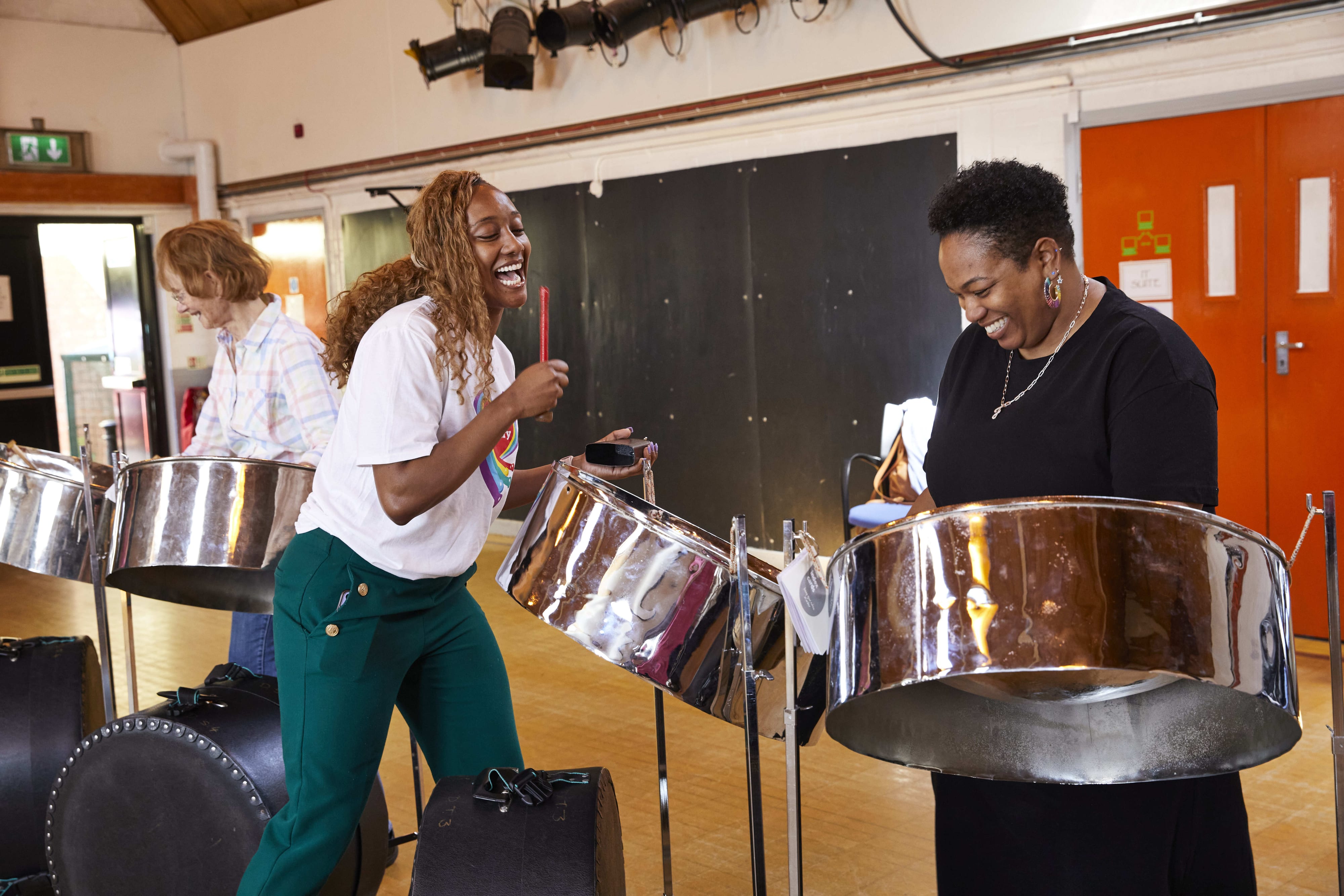
The third wave of research by Social Life into both People’s Health Trust’s funded programmes in England, Scotland and Wales finds that participation in the Trust’s programmes can have positive impacts on health and wellbeing. It confirms previous research that when people get involved in their local community, they can effect positive change on how the area is run, and are more likely to have stronger social connections and a sense of trust and belonging, compared to people living in areas with similarly high levels of disadvantage.
The aim of the research is to understand the ways in which community-led projects can improve health and wellbeing, with an emphasis on the impact of participation in community projects.
Data from across the two programmes shows that surveyed participants had more positive perceptions of community power than people living in areas with similarly high levels of disadvantage, across England, Scotland and Wales. Improved experiences of community power, achieved through participation in Local Conversations, had a positive impact on the wellbeing of project participants. Improved levels of community power had a positive impact on the self-reported health of participants in Active Communities projects.
The latest survey found that the programmes are making a positive difference on people’s lives, which supports the findings from the first two waves of research. 76 per cent of participants agreed that they feel they belong to their neighbourhood, compared to 56 per cent of the people living in areas with similarly high levels of disadvantage. 80 per cent of those surveyed agreed that their local area is a place where people from different backgrounds get on well together compared to 70 per cent of people living in areas with similarly high levels of disadvantage.
The survey found that the majority of practitioners reported their projects have created opportunities for partnership work, supporting longer-term change and more joined-up local communities. These results are largely consistent with the previous waves of research. 89 per cent of surveyed Local Conversations practitioners and 76 per cent of Active Communities programme practitioners said that the projects have facilitated new partnerships between local projects or organisations with common goals or interests – an increase from wave two.
Across the two funding programmes, the cost of living and job opportunities were identified as key local challenges by participants in the projects funded through People’s Heath Trust. Participants of both programmes see relationships with people in the local area and the accessibility of nature - parks, gardens and green spaces) as important – reinforcing the importance of jobs and income, social connections and our local environment as critical building blocks of health.
